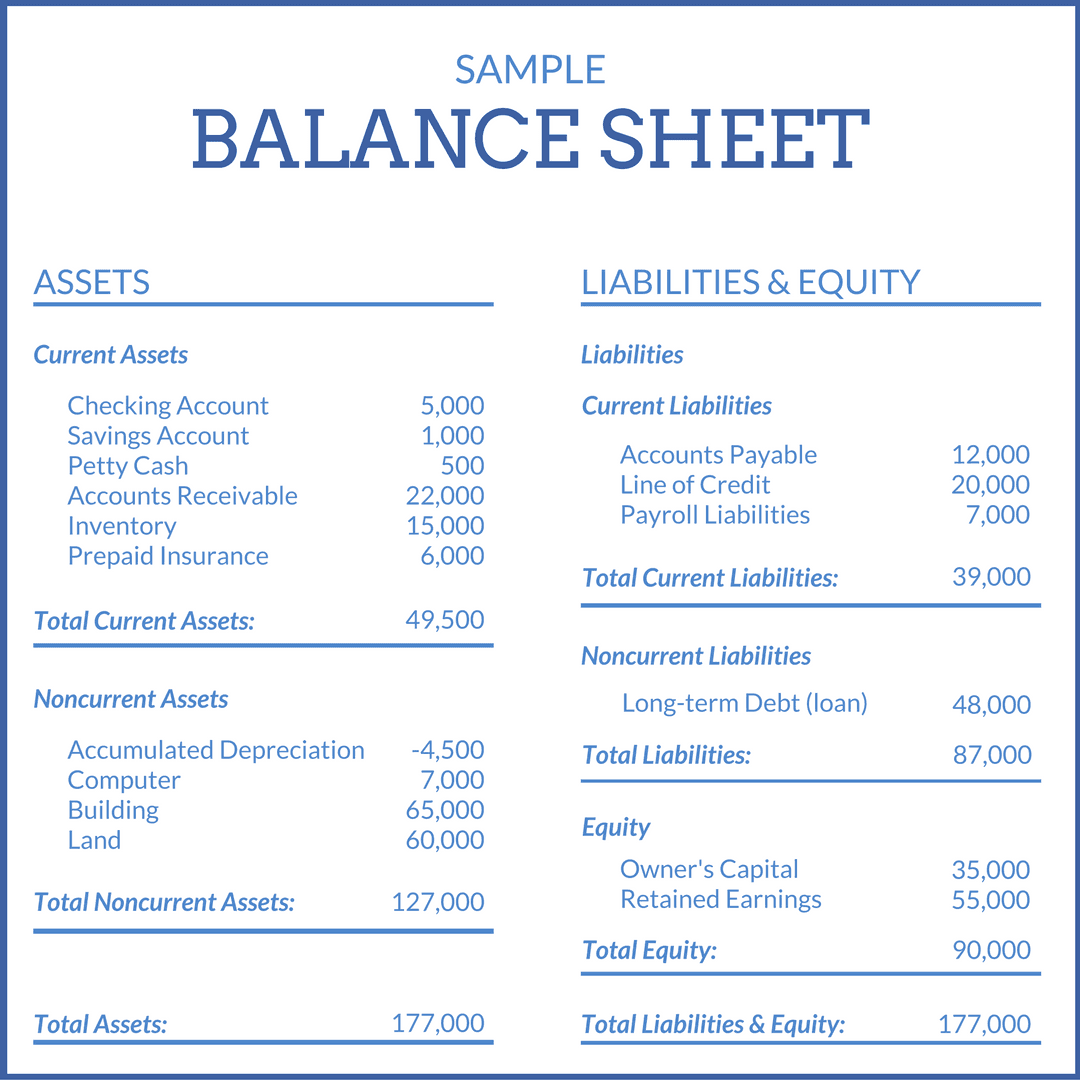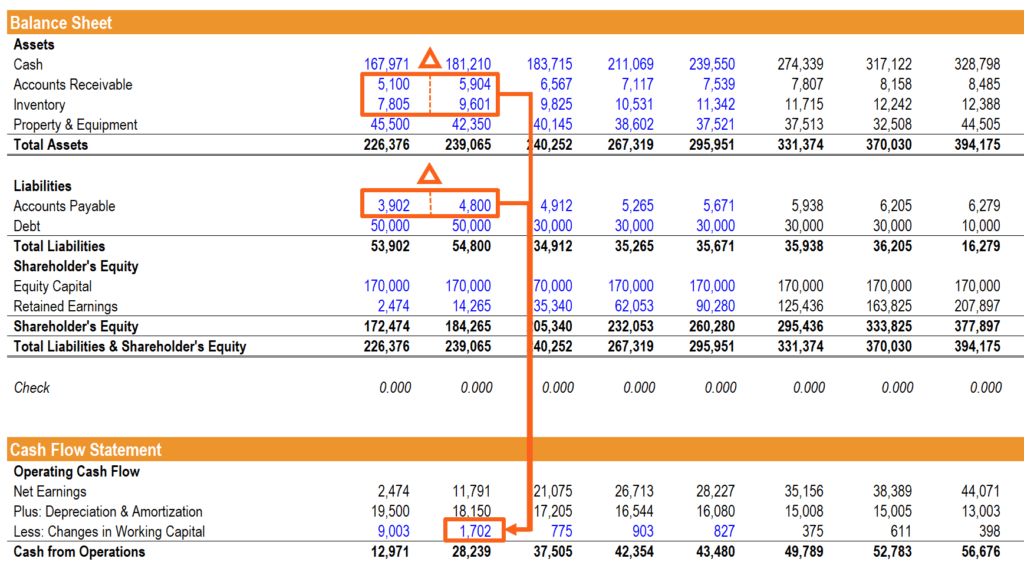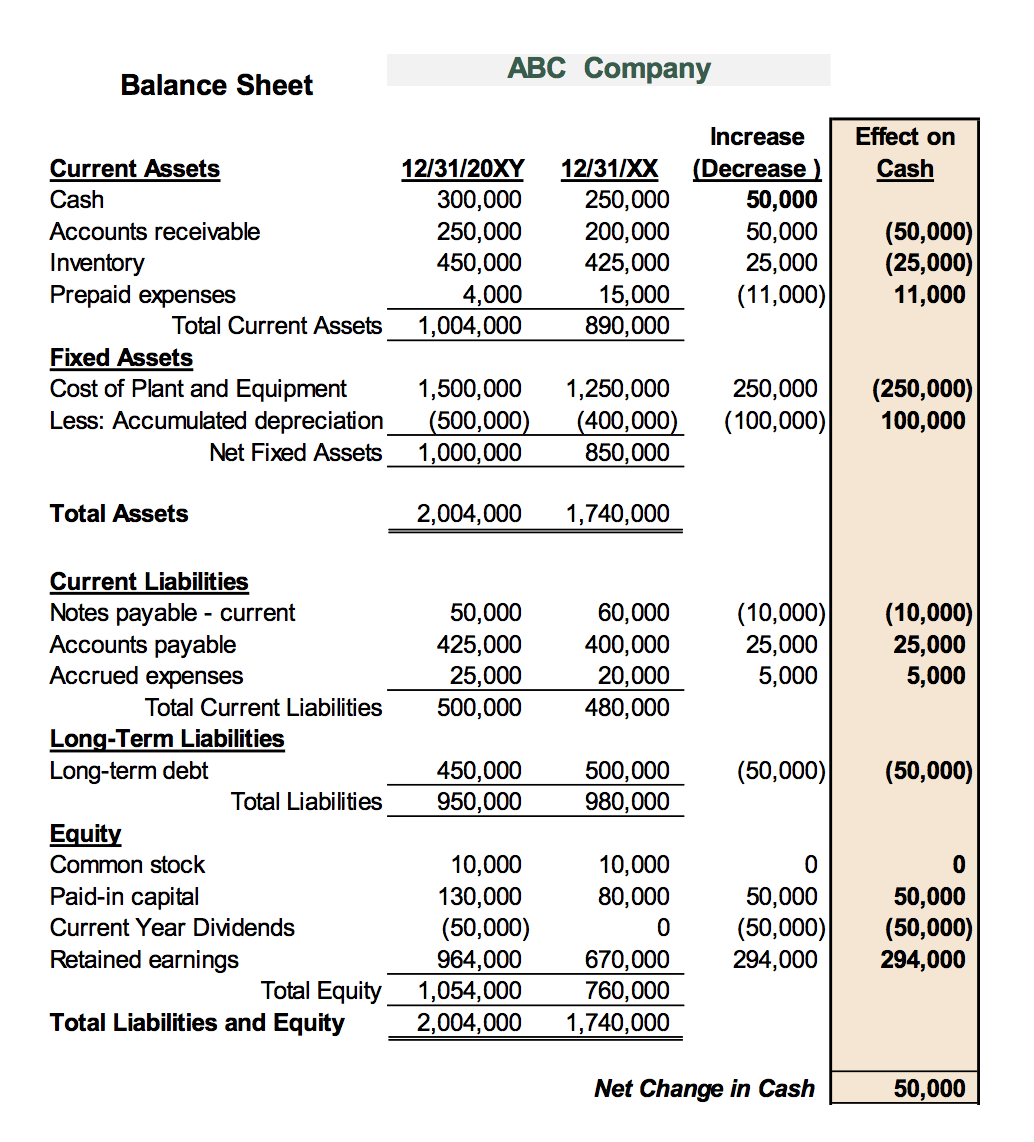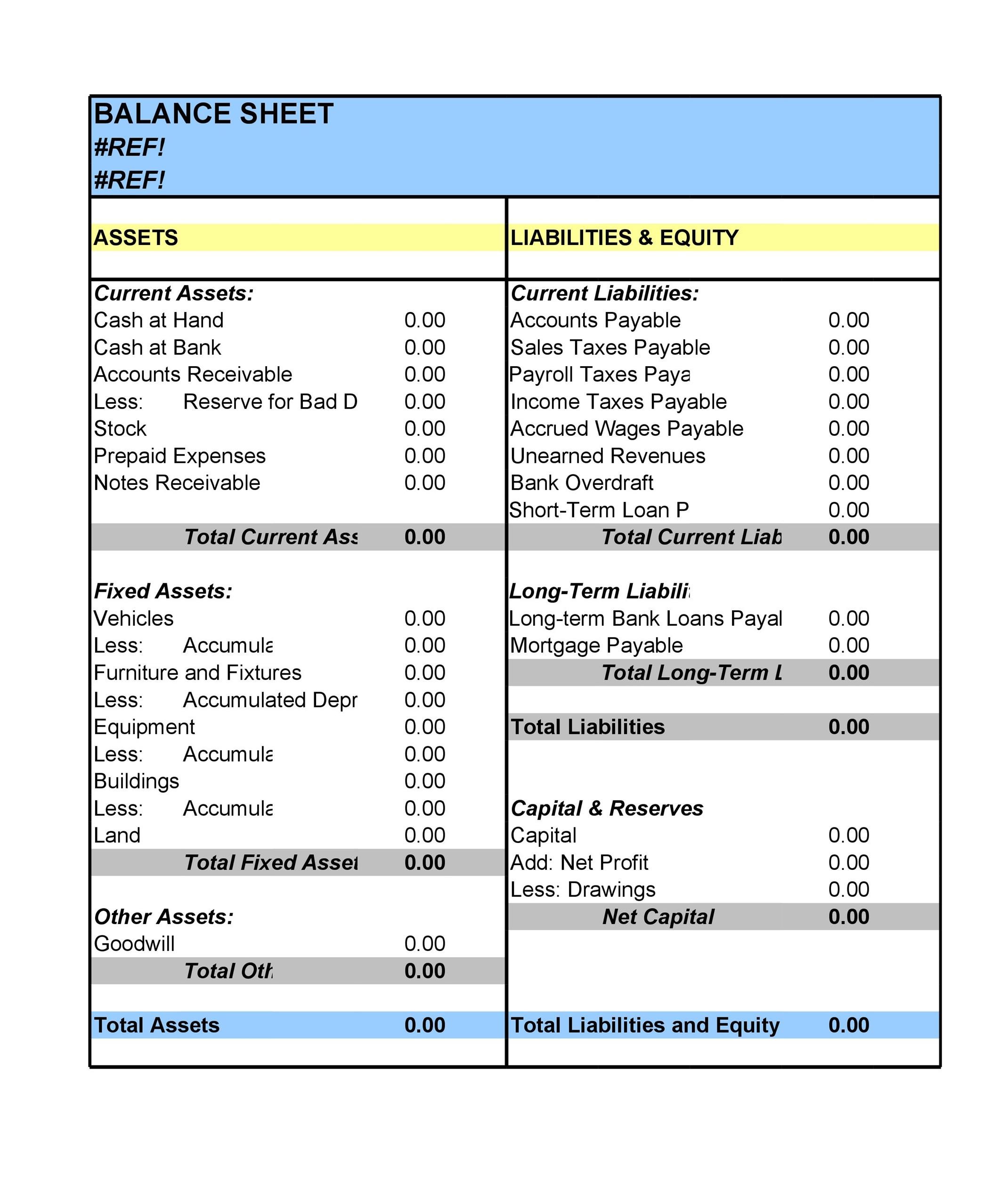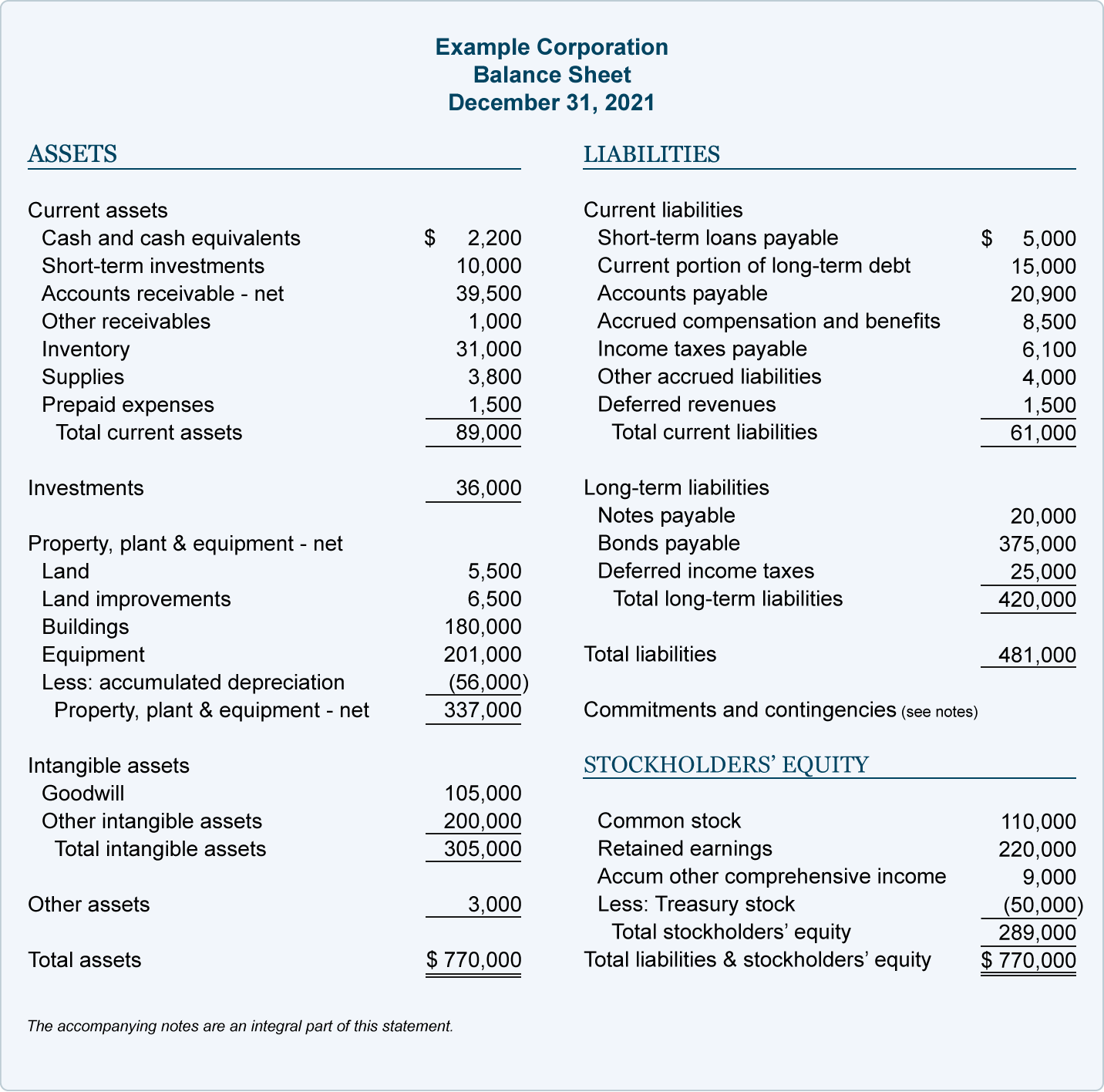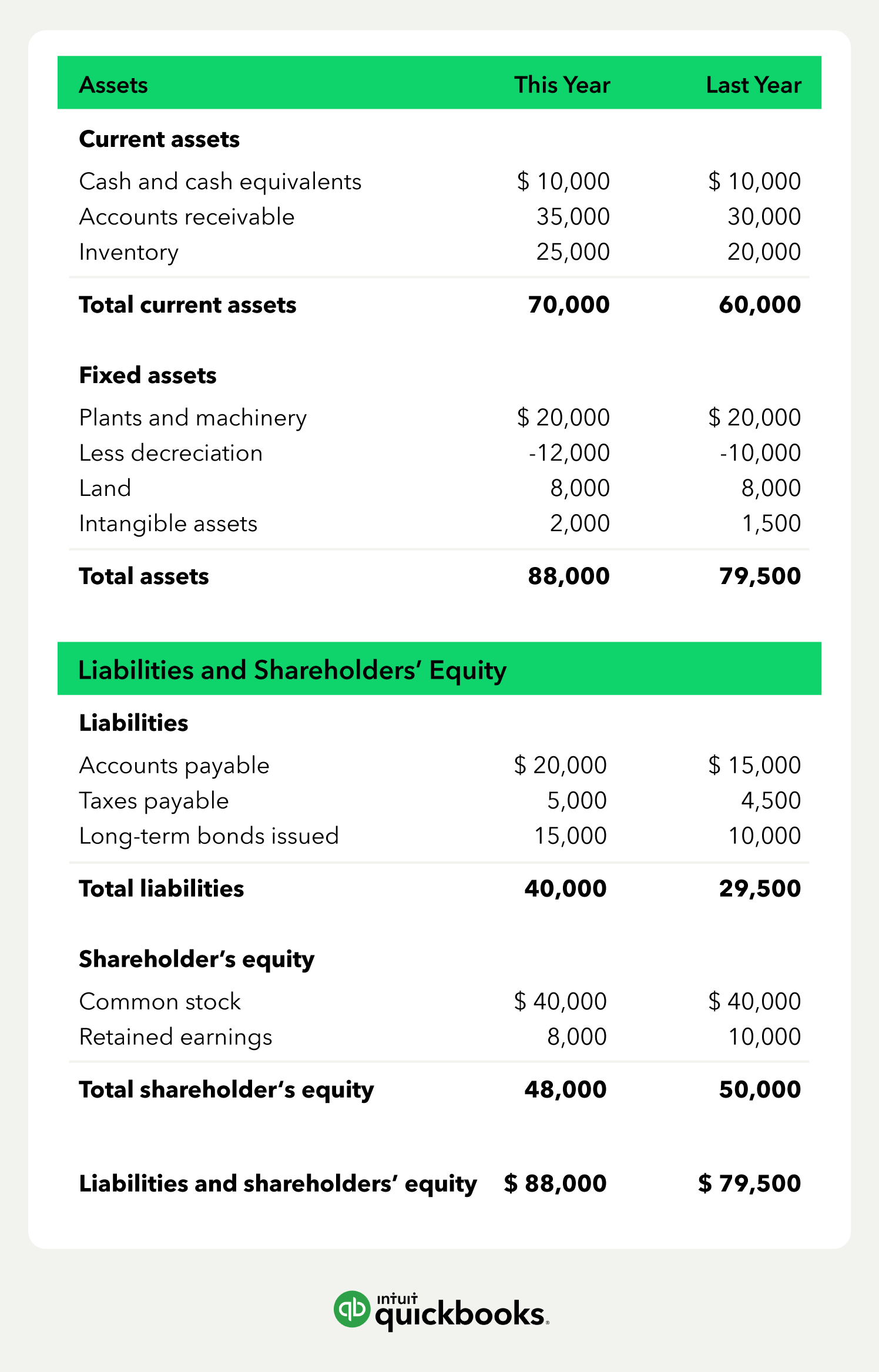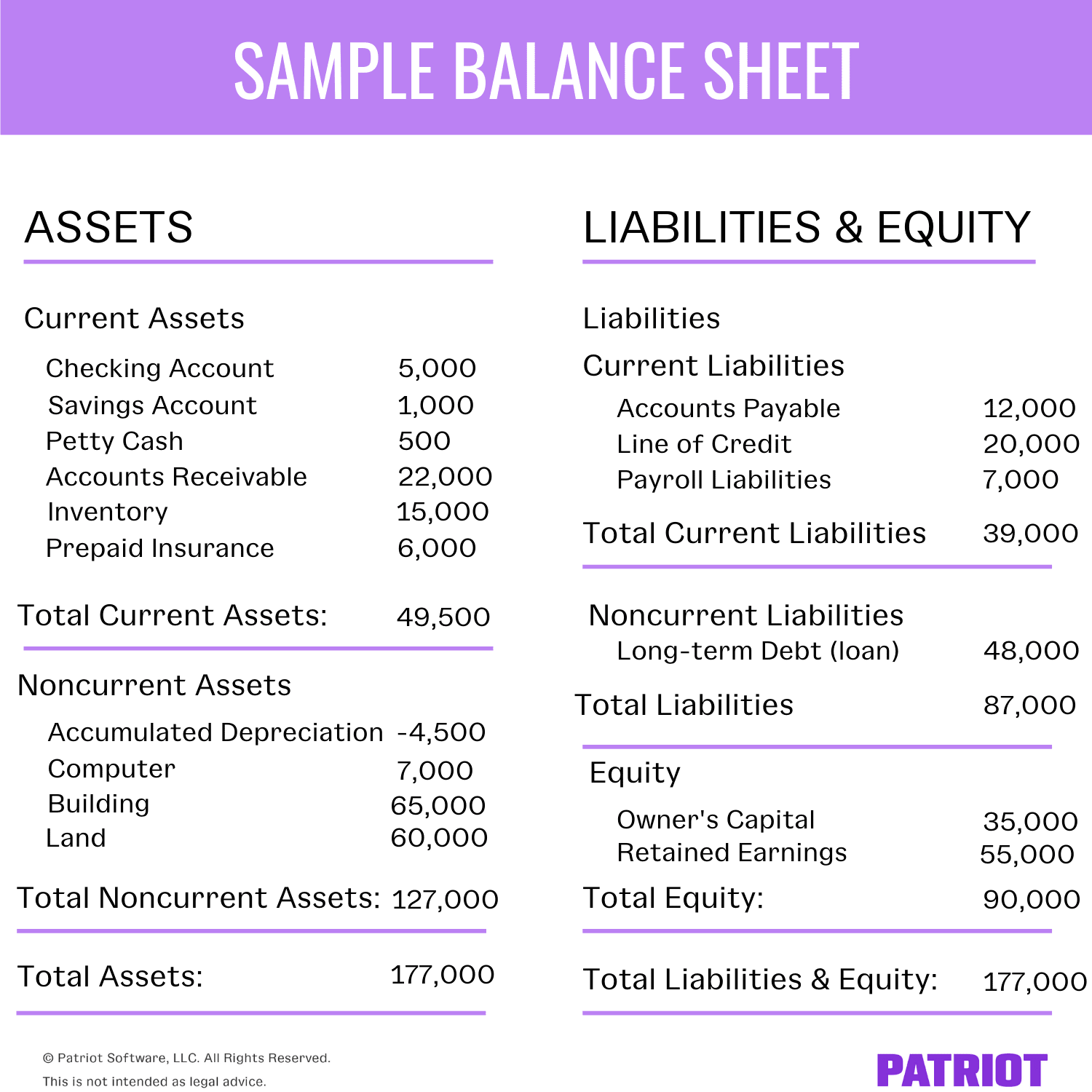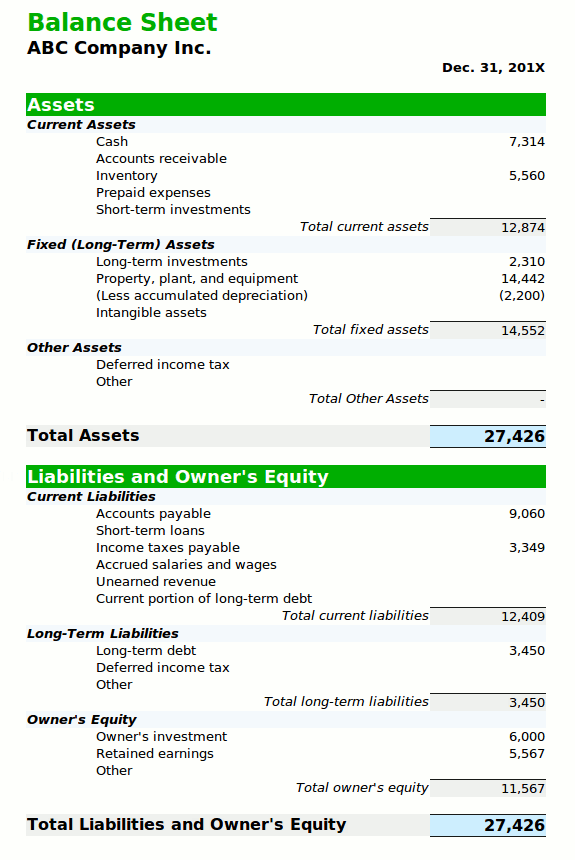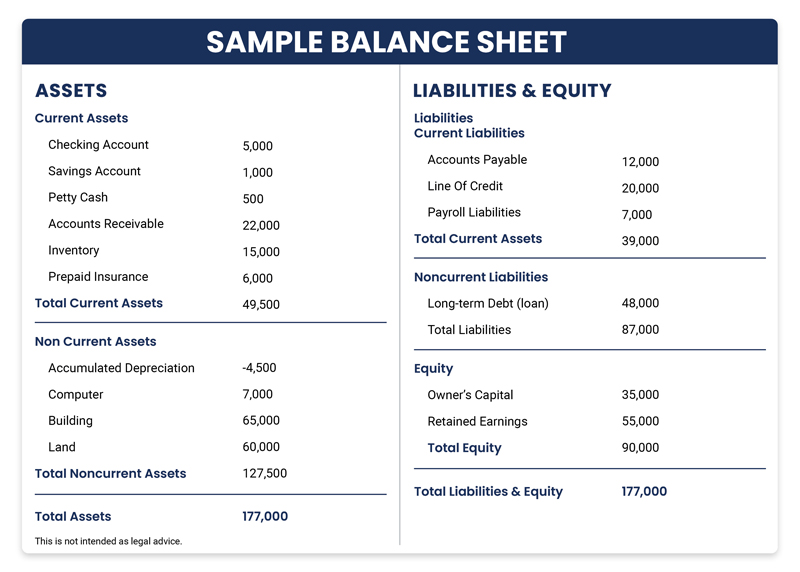Cash On A Balance Sheet - Cash and cash equivalents mainly refer to the line items on the balance sheet that represent the underlying value of the company’s assets that are in the form of cash or any other liquid form of cash. Cash is reported in the. Measuring a company’s net worth, a balance sheet shows what a company owns and how these assets are financed, either through debt or equity. They mainly include a couple of support,. Such asset classes include cash and cash equivalents, accounts receivable, and inventory. Cash on a balance sheet includes currency, bank accounts and undeposited checks. Current assets have a lifespan of one year or less, meaning they can be converted easily into cash. It is necessary to keep some cash available in case of unforeseen expenses. The most liquid of all assets, cash, appears on the first line of the balance sheet. Balance sheets are useful tools for individual and institutional investors, as well as.
Cash and cash equivalents mainly refer to the line items on the balance sheet that represent the underlying value of the company’s assets that are in the form of cash or any other liquid form of cash. Such asset classes include cash and cash equivalents, accounts receivable, and inventory. It is necessary to keep some cash available in case of unforeseen expenses. The most liquid of all assets, cash, appears on the first line of the balance sheet. They mainly include a couple of support,. Current assets have a lifespan of one year or less, meaning they can be converted easily into cash. Cash on a balance sheet includes currency, bank accounts and undeposited checks. Balance sheets are useful tools for individual and institutional investors, as well as. Cash is reported in the. Measuring a company’s net worth, a balance sheet shows what a company owns and how these assets are financed, either through debt or equity.
It is necessary to keep some cash available in case of unforeseen expenses. The most liquid of all assets, cash, appears on the first line of the balance sheet. Current assets have a lifespan of one year or less, meaning they can be converted easily into cash. They mainly include a couple of support,. Balance sheets are useful tools for individual and institutional investors, as well as. Cash is reported in the. Measuring a company’s net worth, a balance sheet shows what a company owns and how these assets are financed, either through debt or equity. Cash and cash equivalents mainly refer to the line items on the balance sheet that represent the underlying value of the company’s assets that are in the form of cash or any other liquid form of cash. Cash on a balance sheet includes currency, bank accounts and undeposited checks. Such asset classes include cash and cash equivalents, accounts receivable, and inventory.
What Is a Financial Statement? Detailed Overview of Main Statements
Cash and cash equivalents mainly refer to the line items on the balance sheet that represent the underlying value of the company’s assets that are in the form of cash or any other liquid form of cash. Cash on a balance sheet includes currency, bank accounts and undeposited checks. It is necessary to keep some cash available in case of.
How the 3 Financial Statements are Linked Together Step by Step
It is necessary to keep some cash available in case of unforeseen expenses. Cash and cash equivalents mainly refer to the line items on the balance sheet that represent the underlying value of the company’s assets that are in the form of cash or any other liquid form of cash. The most liquid of all assets, cash, appears on the.
Where’s the cash? Check your Balance Sheet CFO.University
They mainly include a couple of support,. Cash on a balance sheet includes currency, bank accounts and undeposited checks. The most liquid of all assets, cash, appears on the first line of the balance sheet. Measuring a company’s net worth, a balance sheet shows what a company owns and how these assets are financed, either through debt or equity. Cash.
Sample Balance Sheet Template Excel
Balance sheets are useful tools for individual and institutional investors, as well as. Cash and cash equivalents mainly refer to the line items on the balance sheet that represent the underlying value of the company’s assets that are in the form of cash or any other liquid form of cash. Cash is reported in the. Cash on a balance sheet.
Basic Finance 101 Balance Sheet, Cash Flow and Operations
Cash and cash equivalents mainly refer to the line items on the balance sheet that represent the underlying value of the company’s assets that are in the form of cash or any other liquid form of cash. Cash on a balance sheet includes currency, bank accounts and undeposited checks. Such asset classes include cash and cash equivalents, accounts receivable, and.
How to Read & Prepare a Balance Sheet QuickBooks
They mainly include a couple of support,. The most liquid of all assets, cash, appears on the first line of the balance sheet. Cash on a balance sheet includes currency, bank accounts and undeposited checks. Cash and cash equivalents mainly refer to the line items on the balance sheet that represent the underlying value of the company’s assets that are.
What Is a Financial Statement? Detailed Overview of Main Statements
Such asset classes include cash and cash equivalents, accounts receivable, and inventory. The most liquid of all assets, cash, appears on the first line of the balance sheet. Cash and cash equivalents mainly refer to the line items on the balance sheet that represent the underlying value of the company’s assets that are in the form of cash or any.
Cashier Balance Sheet Template Excel Templates
Balance sheets are useful tools for individual and institutional investors, as well as. Measuring a company’s net worth, a balance sheet shows what a company owns and how these assets are financed, either through debt or equity. Such asset classes include cash and cash equivalents, accounts receivable, and inventory. Current assets have a lifespan of one year or less, meaning.
Essentials of a Balance Sheet Key Points You Must Know
Cash on a balance sheet includes currency, bank accounts and undeposited checks. The most liquid of all assets, cash, appears on the first line of the balance sheet. It is necessary to keep some cash available in case of unforeseen expenses. Current assets have a lifespan of one year or less, meaning they can be converted easily into cash. Such.
How To Create Balance Sheets, Cash Flow & Better Business Decisions
Current assets have a lifespan of one year or less, meaning they can be converted easily into cash. They mainly include a couple of support,. Cash and cash equivalents mainly refer to the line items on the balance sheet that represent the underlying value of the company’s assets that are in the form of cash or any other liquid form.
Measuring A Company’s Net Worth, A Balance Sheet Shows What A Company Owns And How These Assets Are Financed, Either Through Debt Or Equity.
Cash and cash equivalents mainly refer to the line items on the balance sheet that represent the underlying value of the company’s assets that are in the form of cash or any other liquid form of cash. Cash is reported in the. Such asset classes include cash and cash equivalents, accounts receivable, and inventory. The most liquid of all assets, cash, appears on the first line of the balance sheet.
They Mainly Include A Couple Of Support,.
Cash on a balance sheet includes currency, bank accounts and undeposited checks. Balance sheets are useful tools for individual and institutional investors, as well as. Current assets have a lifespan of one year or less, meaning they can be converted easily into cash. It is necessary to keep some cash available in case of unforeseen expenses.
